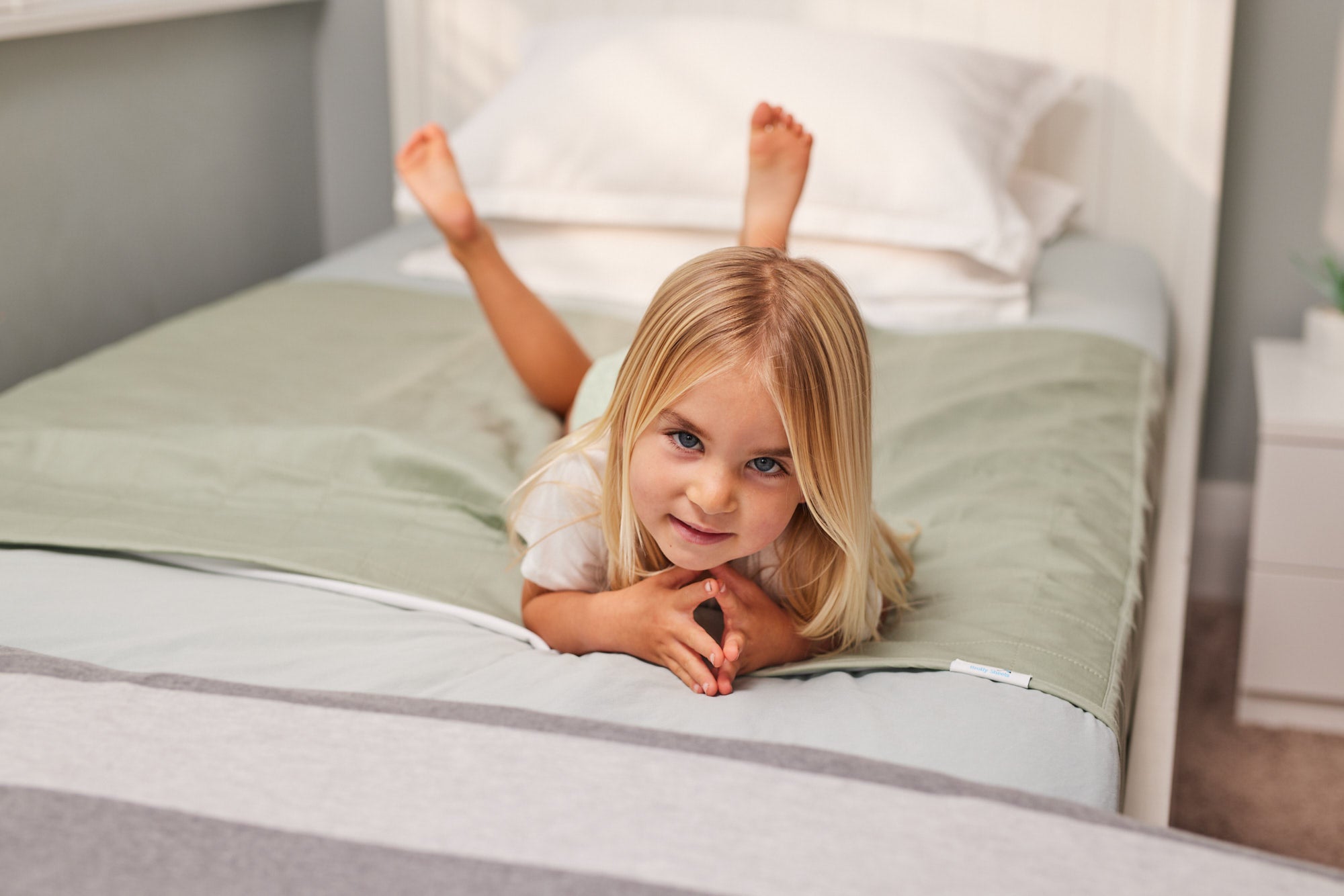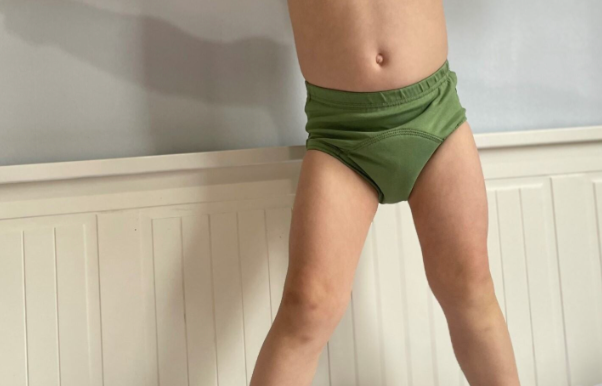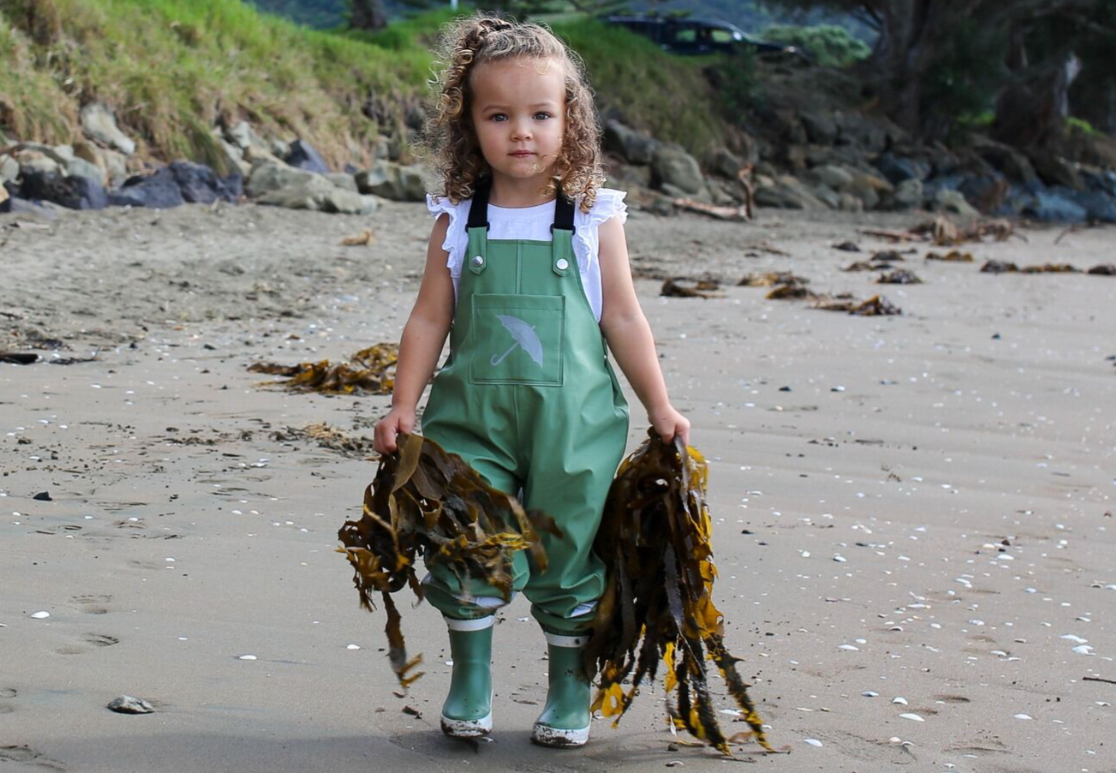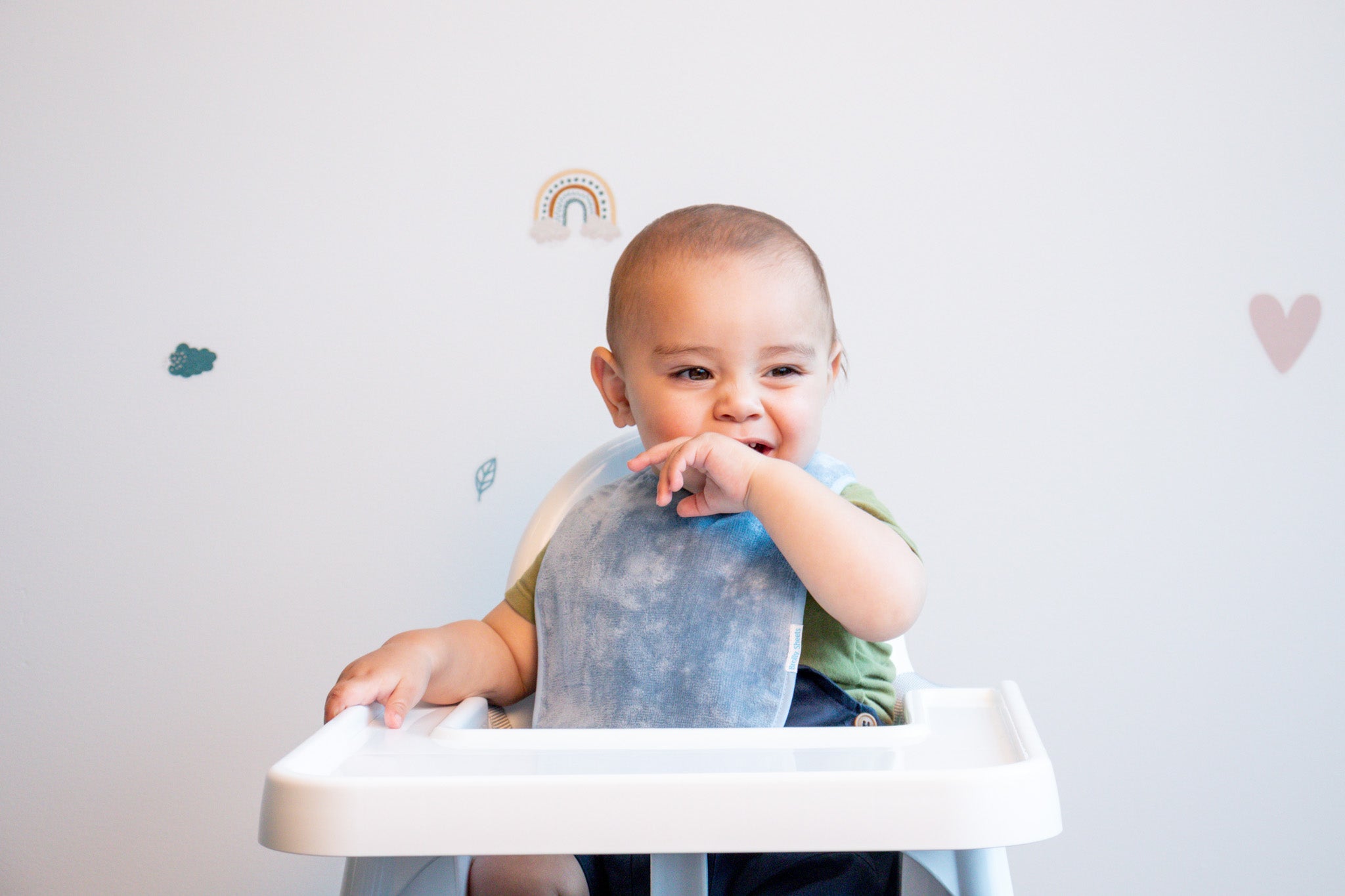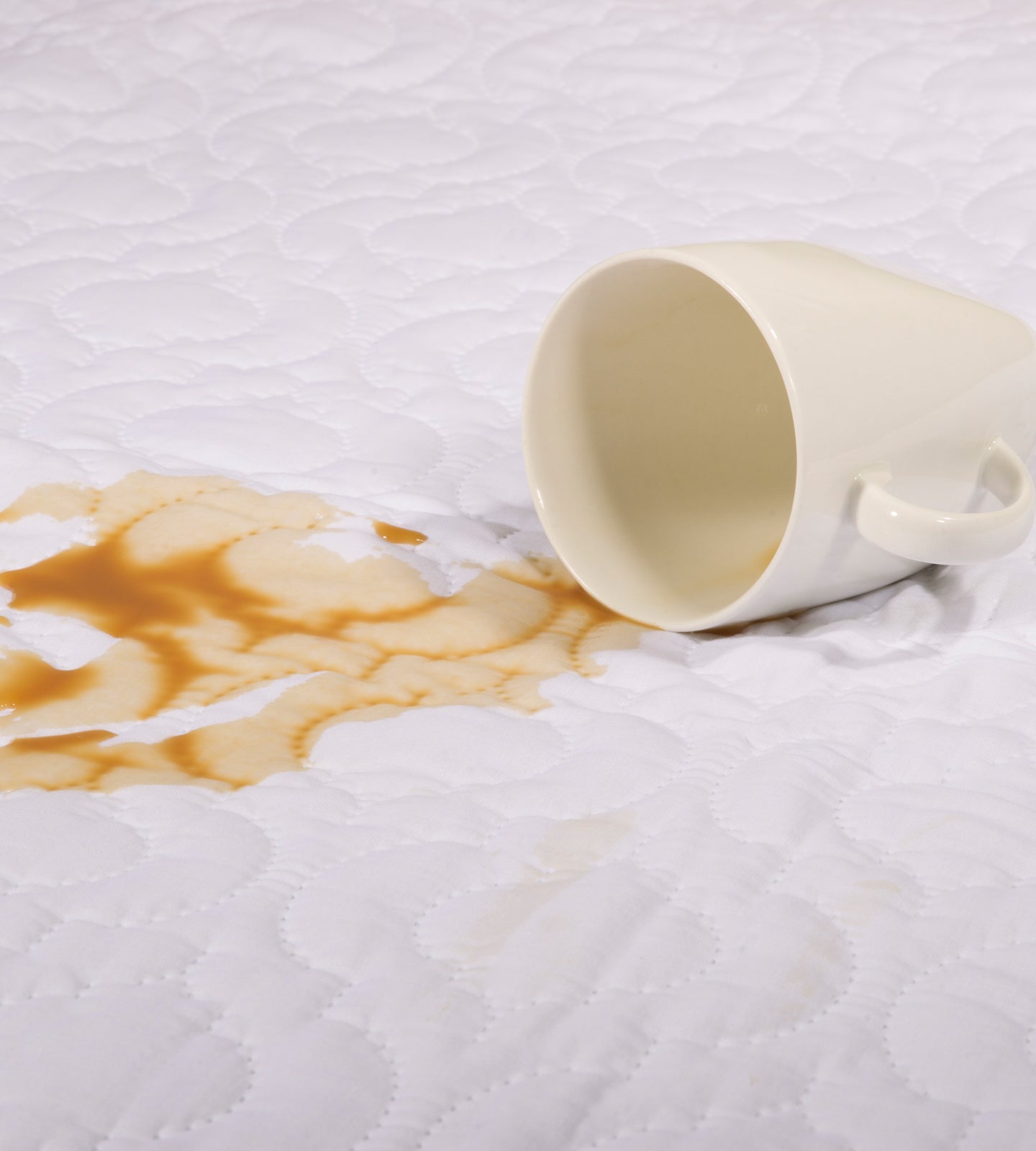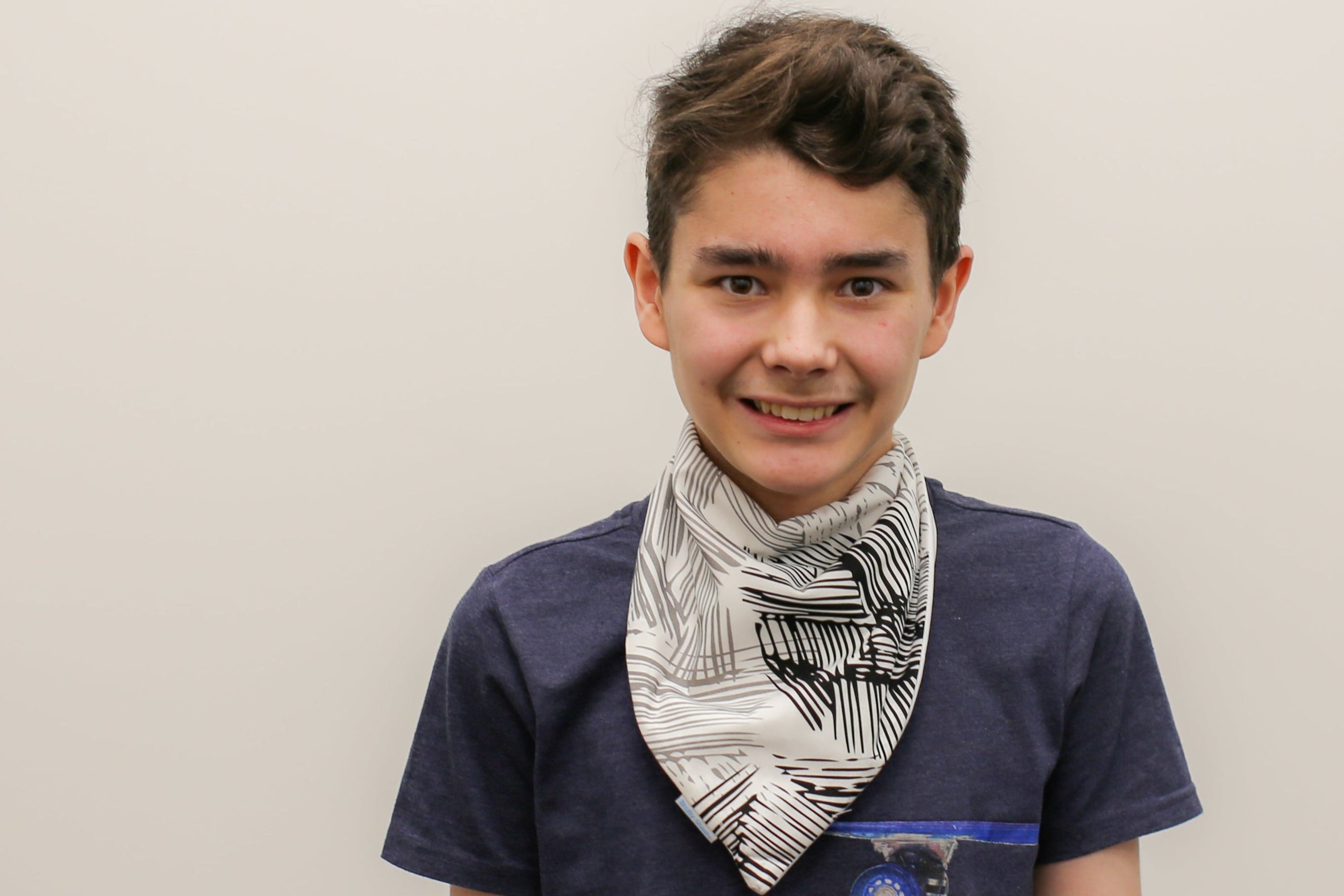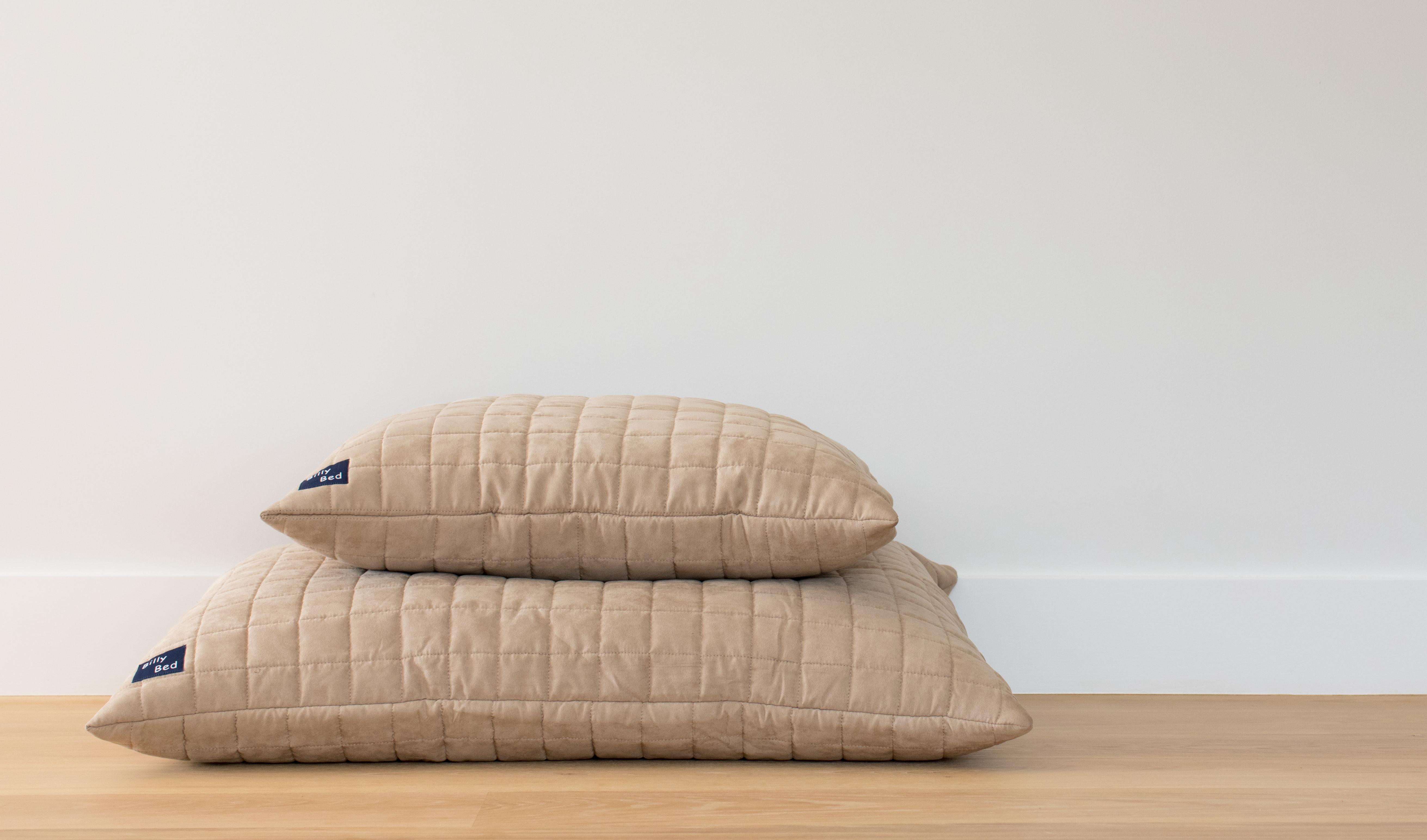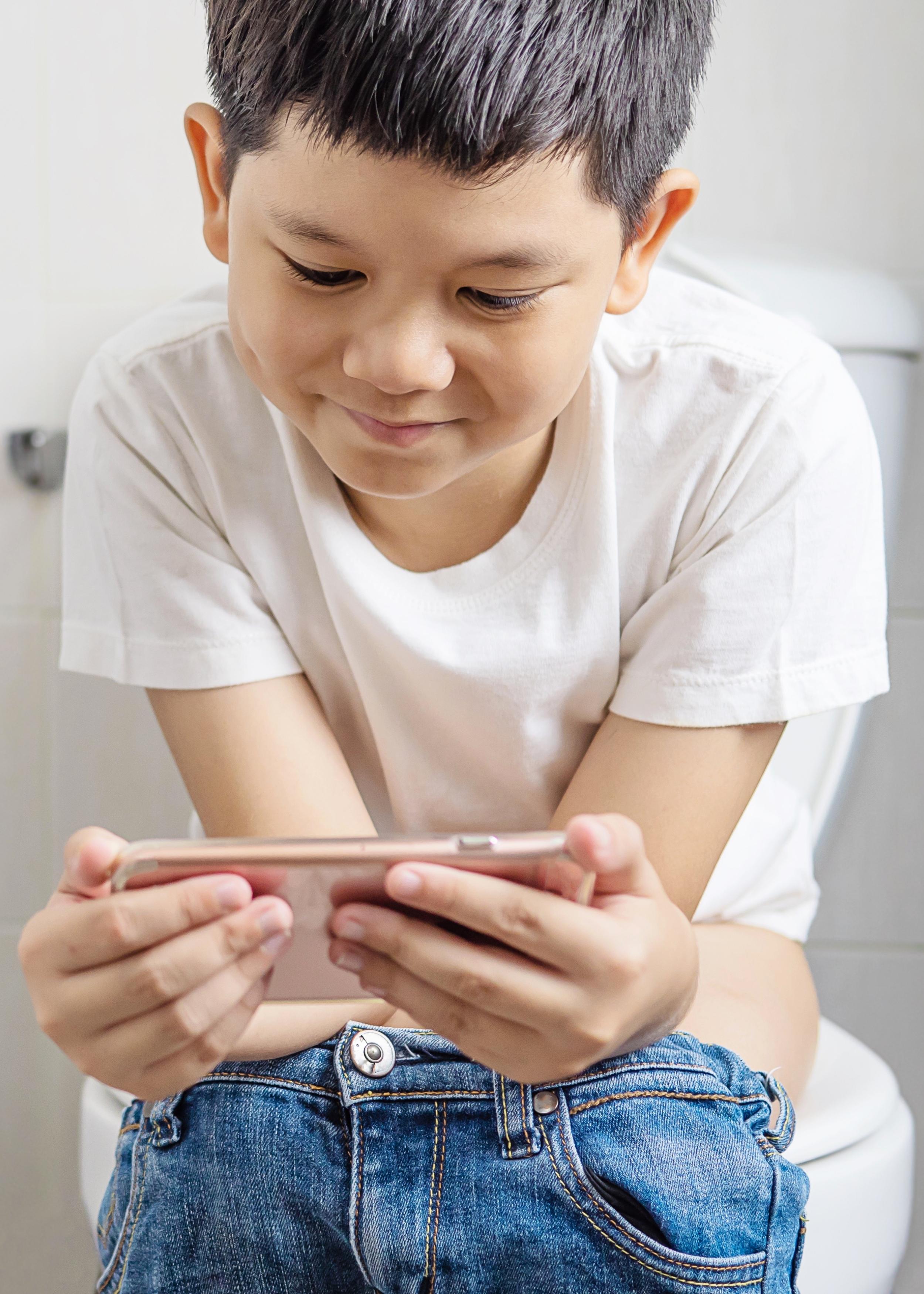
How to toilet train an older child
When it comes to toilet training, both parents and children want things to go as smoothly as possible.
The reality however is that this is seldom the case. Toilet training is a challenging but important part of growing up, and naturally has its ups and downs. As a child gets older though, the challenges faced around toilet training can become increasingly frustrating, leaving parents and children unhappy.
The truth is that toilet training is done at different speeds. While we would all like a smooth journey to dryness, that can be wishful thinking. If you are still facing challenges around how to toilet train a child who is 8 years or older, you are probably keen to get things sorted as soon as possible.
In the latest Brolly Sheets blog, we take a look at what challenges there are and how a happier, drier place can be reached.
The challenges of toilet training in older children

The older your child gets, it is natural as a parent to want them to conquer toilet training pronto. If this does not look likely to be the case any time soon though, it is easy to become frustrated. However, this feeling can wreak havoc if it is clear to your child, and they can easily cotton on to the fact they are the source of it. This means it is important not to castigate a child when toilet training, as this can lead to feelings of shame, guilt and anxiety.
Problems can also arise when it comes to things like sleepovers. Your child may not feel comfortable sleeping away from home for example, or they may be wary of judgment from peers generally until they successfully achieve toilet training.
Issues around bedwetting and other accidents of this nature are more common than you may think. Around 8% of 9 year olds still suffer the occasional bedwetting accident, while 1.5% wet the bed frequently. Understanding this level of prevalence can help alleviate some of the frustration. Being able to tell your child that they are not alone in suffering with bedwetting difficulties can bring comfort.
One thing to bear in mind is that as your child gets older, developing new skills gradually becomes more difficult. This means once a child reaches ages 8-9, the parent should look to play a more active role in supporting them and enabling a positive transition to dryness.
Supporting Toilet Training

The big question is how can you support your child with toilet training once they reach the age of 8 or above?
Something in your favour in this situation is communication. By the time they reach 8 years of age, a child is generally much more adept at speaking about how they feel and can readily communicate what toilet training signifies for them.
This means any anxieties or difficulties can be discussed and resolutions can be sought. If a child has started bedwetting or having other accidents after a specific event, such as the arrival of a sibling or bullying for example, being able to discuss things with the child and offer support can be helpful. Toilet training regression in an older child is not ideal but it does happen. However, with the right approach, a quick resolution can be found.
Regression is not always the way things go for older kids when it comes to bedwetting. Some children may not have grown out of the bedwetting phase for various reasons. This could be to do with difficulty recognising the signs associated with needing the loo at night, or simply drinking too much liquid before bed time.
If this is the case, reward systems can play a role. By tailoring the reward for dry nights to really meet the interests of the young person your child is becoming, positive steps can be taken.
Another option is a bedwetting alarm. By practicing the alarm response and encouraging your child to take ownership of changing their pyjamas and bedsheets, things can start to move in the right direction.
Of course, the problem may be physical, and talking to a medical professional to ensure there is no underlying issue could prove worthwhile if this is a factor.
Patience is also key here. While it is great to see progress, there can of course be the occasional setback. If this happens, look to revert back to the methods that saw progress being made in the first place.
One thing to clarify is that if your child faces physical or developmental challenges, then toilet training can be a difficult thing to progress. However, with the right approach and with patience, the desired point can be reached.
While there can be challenges, by taking an empathetic and rational approach, you can support your older child and make effective toilet training a reality.
Brolly Sheets and Toilet Training

Here at Brolly Sheets, we understand the challenges of toilet training across age groups. Each child is slightly different of course, but there are some products we have found to be particularly useful for toilet training.
For older children, we have our Snazzipant night time training pants. These come in a range of sizes, including large versions for kids around 8 years of age. These absorbent and comfortable pants are reusable and a great alternative to disposables. They come with cool designs that do not feel childish, helping the wearer to feel big while still offering that layer of protection.

Our Brolly Sheets are also a great way to keep beds dry. These washable, waterproof bed pads with wings easily changeable in the night. They come with a 2 litre capacity, meaning any accident can be easily resolved.
As kids get older, they also want to push their boundaries and get involved with parties and sleepovers. This can be a nervy experience for any older child who still suffers nighttime accidents, but sleeping bag liners can help bring peace of mind. Fitting inside most child standard sleeping bags, our sleeping bag liners come with two layers of cotton jersey bonded together with a waterproof membrane in the middle.
Be sure to browse through the full Brolly Sheets range and find products that can really support that journey to dryness.
Shop with Brolly Sheets
We hope this blog has been informative and wish you and your child the best with your night time and day time toilet training.
If you have any questions for our team, please do not hesitate to get in touch. We will be happy to help.

